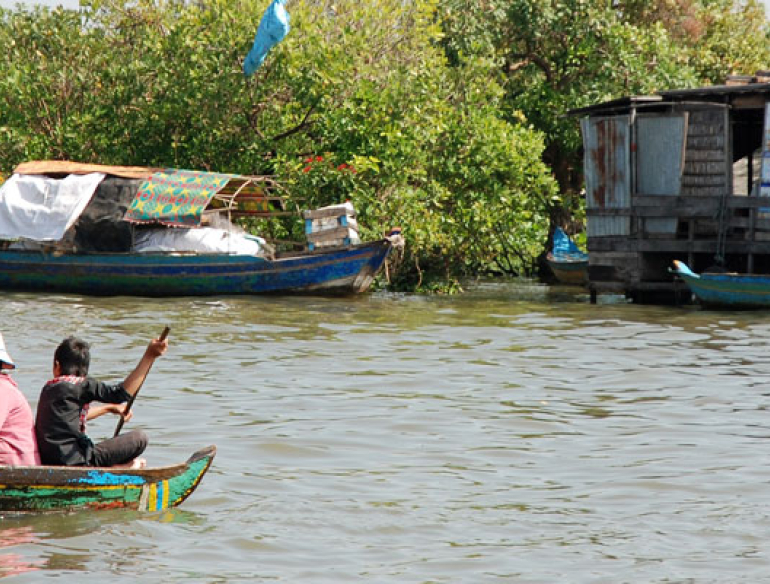Our previous research with Cambodian female entertainment and sex workers documented high prevalence of HIV and amphetamine-type substance (ATS) use and identified ATS use as a key driver of HIV risk. Currently, no HIV prevention interventions in Cambodia target ATS use in this group. The evidence base for interventions to reduce ATS use is limited and there are currently no effective pharmacotherapies. Behavioural interventions and cognitive behavioural therapy are evidence-based approaches for reducing stimulant use. However, little is known about their acceptability and efficacy in resource-limited settings like Cambodia where structural factors are key determinants of ATS use.
The Cambodia Integrated HIV and Drug Prevention Implementation (CIPI) study is a cluster randomised stepped wedge trial designed to test sequentially delivered behavioural economic interventions targeting ATS use among female entertainment and sex workers. The trial combines a 12-week Conditional Cash Transfer (CCT) intervention with 4 weeks of cognitive behavioural aftercare. The primary goal is to reduce ATS use and unprotected sex. The intervention is being implemented in 10 provinces where order of delivery was randomised. Outcome assessments including biomarkers and self-reported measures of recent sexual and drug use behaviours are conducted prior to implementation and at three 6-month intervals after completion.
This is an experimental study to assess the efficacy of combined behavioural interventions to reduce ATS use in women at high risk of HIV in Cambodia. Formative research and consultation with multiple groups and stakeholders on implementation facilitated acceptance and operationalisation of the trial. We will assess the impact of the intervention on drug use and sexual risk using both biomarkers and self-reported data, and the design allows for analyses that will not be confounded by secular trends in these outcomes. Analyses will be carried out at the individual level accounting for correlation through generalized estimating equations (GEE).
The trial will complete in November 2016.
CIPI is the first trial of a conditional cash transfer intervention to reduce ATS use and HIV risk among female entertainment and sex workers in South East Asia. Results will inform HIV prevention practice for FESW in low and middle-income countries and provide a model for implementation science projects within the region and globally.
- Associate Professor Adam Carrico, University of California San Francisco – California, USA
- Ms Sokunny Muth, FHI360 Cambodia – Phnom Penh, Cambodia
- Dr Song Ngak, FHI360 Cambodia – Phnom Penh, Cambodia
- Professor Kimberly Page, University of New Mexico Health Sciences Center – New Mexico, USA
- Ms Maly Phou, FHI360 Cambodia – Phnom Penh, Cambodia
- Dr Chhit Sophal, Ministry of Health – Phnom Penh, Cambodia
- Ms Ellen Stein, University of California – California, USA
- Cambodia National Authority for Combating Drugs (NACD)
- Cambodian Women for Peace and Development (CWPD)
- Chamroeun
- Khemara Cambodia
- Phnom Srey Organization for Development (PSOD)
- Phnom Srey Organization for Development-Asian Community Trust (PSOD-ACT)
- Poor Family Development (PFD)
- Vision Fund Cambodia

